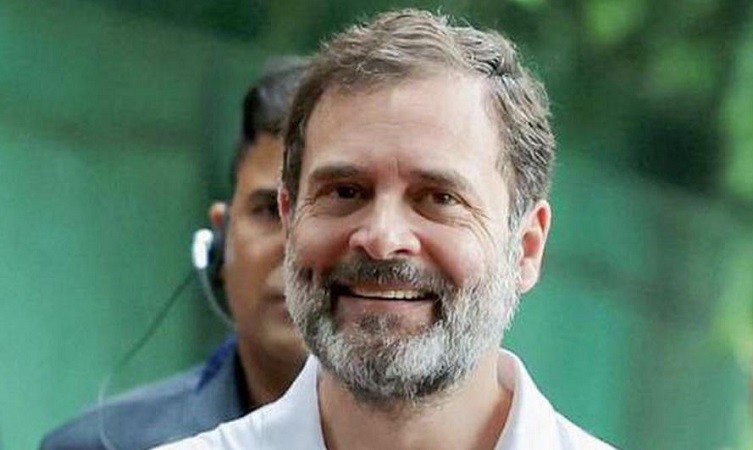
NEW DELHI: On August 4, 2023, the Supreme Court stayed Congress leader Rahul Gandhi's conviction in a criminal defamation case involving the 'Modi' surname remark. The alleged remark was made during a political rally in 2019.
The three-judge Bench, led by Justice B.R. Gavai and comprising Justices P.S. Narasimha and Sanjay Kumar, pointed out that the trial judge had not provided any reason for imposing the maximum sentence of two years, "not one day less," raising concerns about Rahul Gandhi's disqualification from Parliament.
While the court acknowledged that Gandhi's alleged remarks, if true, were not in good taste, it emphasized that individuals in public life should exercise caution, and Gandhi ought to have been more careful in his statements.
In defense of Gandhi, Senior advocate Abhishek Manu Singhvi argued that defamation was a non-cognizable, bailable, and compoundable offense. He asserted that he had not come across any other case where the maximum two-year sentence had been awarded. Singhvi emphasized the importance of dissent in a democracy and highlighted that no offense involving moral turpitude, such as rape, kidnap, or murder, had been committed. He also noted that Gandhi had already missed two Parliament sessions.
The defense team pointed out that all the cases filed against Gandhi were by BJP "karyakartas," and he had no other convictions to date. They called for mutual respect in politics.
On the other side, Senior advocate Mahesh Jethmalani, representing Purnesh Modi, argued that there were officials, witnesses, tapes, and recordings of Gandhi's comments. He claimed that there was a clear intent to defame an entire community of people with the 'Modi' surname, attributing it to Gandhi's hatred for Prime Minister Narendra Modi. Gandhi, when asked in court, stated that he did not remember making the remark.
The case revolves around Gandhi's "Modi" surname remark during a political speech at a rally in Karnataka in 2019.
In his petition, Gandhi contended that the lower courts had unjustly labeled his political speech as an act of "moral turpitude" while he criticized economic offenders and Prime Minister Narendra Modi during a democratic political activity. He argued that such a finding posed a threat to democratic free speech during political campaigns. The petition further warned that it could set a disastrous precedent, silencing any form of critical political dialogue or debate.
Gandhi expressed concern that the conviction and two-year sentence, the maximum punishment in defamation law, would lead to his exclusion from all political elective offices for a long period of eight years.
In challenging the July 7 Gujarat High Court decision that upheld his conviction, Gandhi raised questions about how an "undefined amorphous group" could be defamed in the first place.
Rahul Gandhi's ‘Modi surname’ case Commences in SC
BREAKING! SC issues notice to Gujarat govt in Rahul Gandhi's 'Modi' surname case